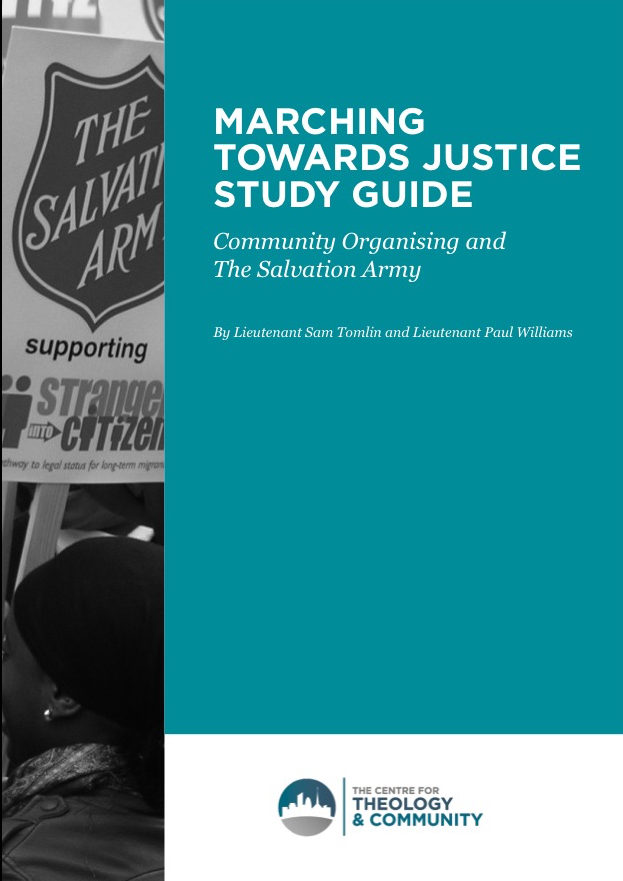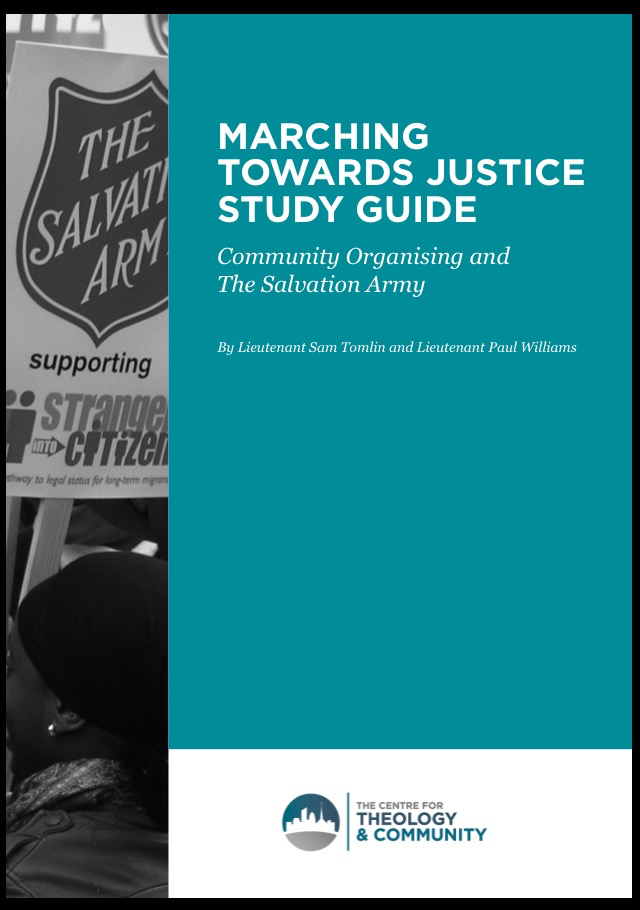By John Clifton
There is a classic quote about management which says “what gets measured gets managed”. However, the full quote, as Simon Caulkin points out, says this:
What gets measured gets managed – even when it’s pointless to measure and manage it, and even if it harms the purpose of the organisation to do so.
In community organising terms power is defined as the capacity to act. There are two types of power: organised people and organised money. For most churches there’s not usually much money so we rely on the power of our people and the depth of the relationships that people build with each other. When it comes to the state and the market, however, they don’t have many people but they do have money. We can all think of obvious examples of how the state uses money as a lever of power: taxation, fines, tendering processes. We can think of even more obvious examples for how the market uses money as a lever of power. Just a week or so ago I met a family of five, the three children were all in primary school, whose debit card had been used fraudulently and, despite their attempts, had not yet been reimbursed the money that they had lost. When I met them they were waiting for the money to be put back into their account on Monday. Their account had been overdrawn since the week before and they had been threatened with charges for the overdraft. The family were scared, disoriented, and unfamiliar with such a situation. They came to The Army for help to get through the weekend. This is just one example of how the market and its money impinges upon the everyday life of people. It even happens accidentally simple sheet or simply due to bureaucratic or technological errors. It becomes the responsibility of the power of people (civil society) to push back against the power of money (state and market). Continue reading “What gets measured gets managed… So measure relationships more than money”



 rom the introduction to:
rom the introduction to: 
 In Thurday’s guest-post, Commissioner Birgitte Brekke-Clifton said
In Thurday’s guest-post, Commissioner Birgitte Brekke-Clifton said